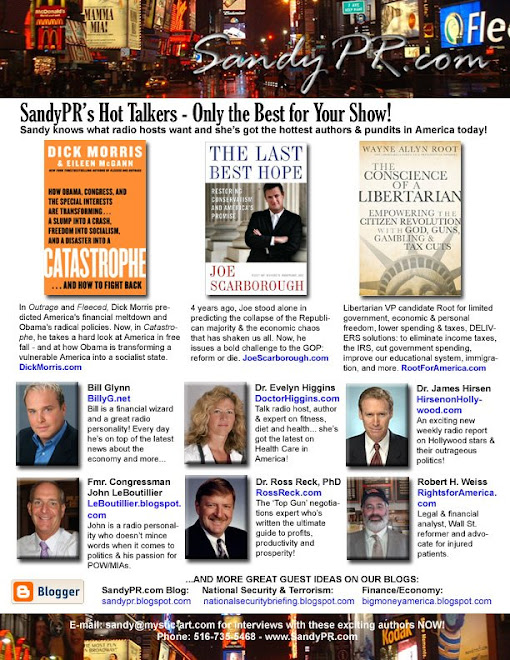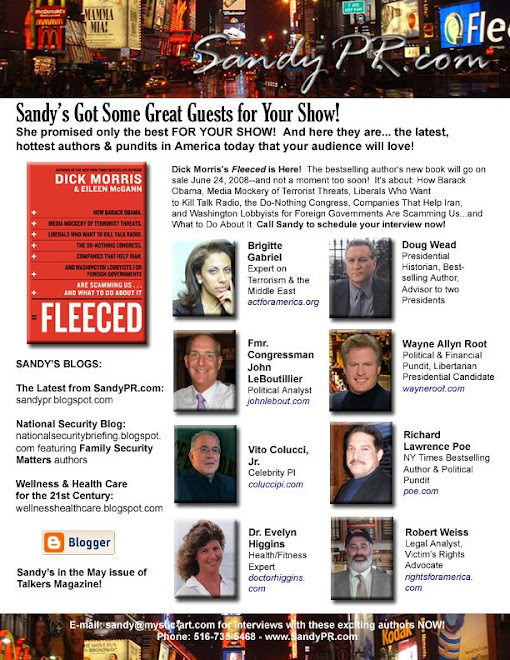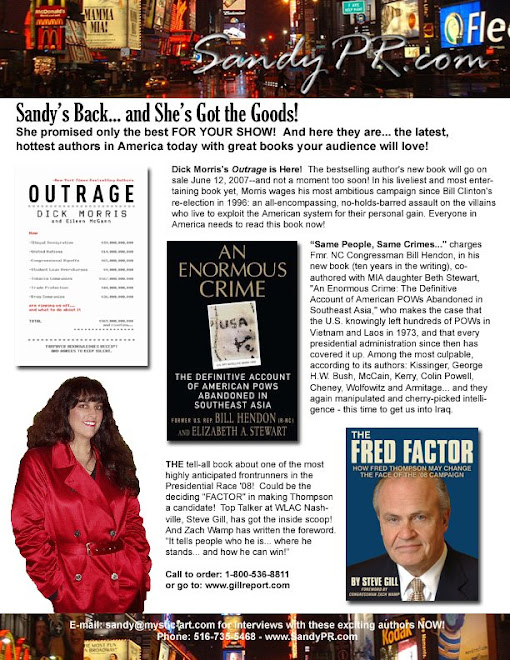|
RACING AGAINST HISTORY
The 1940 Campaign for a Jewish Army to
Fight Hitler
By Rick Richman
The three most
prominent Zionist leaders of their time -- David Ben-Gurion, Vladimir
Jabotinsky, and Chaim Weizmann -- representing the left, right, and center
of Jewish political thinking -- traveled to a United States gripped by
isolationism, as part of a year-long effort to organize a worldwide Jewish
army at the beginning of World War II.
Although they met
with indifference from FDR and his administration, as well as disinterest
from an American Jewish establishment that feared accusations of
warmongering or dual loyalty, they struck a powerful chord among the many
thousands of American Jews who turned out to hear their speeches. Richman
shows how their valor helped unite and mobilize American Jews, setting the
stage -- only eight years later -- for the founding the Jewish state.
Unlike Hollywood in
the ‘40s which was largely silent, two recent movies, “Dunkirk” and
“Darkest Hour,” have generated new interest in the momentous events of
1940, as Britain faced military defeat but rose to victory under the
leadership of Winston Churchill. RACING AGAINST HISTORY recounts
how:
·
Within
days of Churchill’s becoming prime minister, the Jewish leaders offered him
military support -- a force of at least 50,000 soldiers, to be drawn from
the half-million stateless Jews, as well as Jewish volunteers from neutral
countries. Weizmann, Jabotinsky and Ben-Gurion had each been involved with
the Jewish Legion, which fought on the Allied side in World War I. Now that
one of the Nazi war aims was to destroy European Jewry, the three leaders
wanted Jews to be in the forefront of the military response.
·
Churchill
immediately recognized the strategic significance of a Jewish military
force: it would enable key British troops to leave Palestine and fight
elsewhere, where they were desperately needed. Jabotinsky and Ben-Gurion
wanted the Jewish Army available on all fronts, wherever Britain needed
help. With America frozen in isolationism, every battalion and division
available to support Britain was critical.
·
There
were three historic speeches that galvanized the Western world over two
days in June 1940: (a) Churchill’s “Finest Hour” speech, (b) de Gaulle’s “I
speak for France” radio broadcast, and (c) Jabotinsky’s “No Surrender”
address before an overflow audience of 5,000 in New York City.
Among the many
fascinating facts and insights culled from RACING AGAINST HISTORY:
·
Weizmann,
the oldest of the three leaders at 65 (when the retirement age was 60),
braved a voyage across the Atlantic patrolled by German submarines, to
alert American Jews that European Jews and Judaism were being destroyed.
·
Weizmann
met privately with FDR, who told him a Jewish homeland -- mandated by the
League of Nations in 1922 -- would have to wait until after the war. Later
in 1940, the U.S. moved to restrict Jewish immigration to America.
·
Hadassah
was the Jewish organization in America that most impressed Ben-Gurion, much
more than the Zionist Organization of America: convinced that Hadassah
president Tamar de Sola Pool displayed the guts and resolve that others
lacked, he enlisted her help to inspire American Zionists to rise to the
occasion.
·
Facing
widespread anti-Semitism, Jewish studio heads in Hollywood were largely
silent. The only outspoken executive -- Harry Warner of Warner Bros. --
became the subject of a congressional investigation into “pro-war
propaganda.”
·
One
example of 1940 isolationist sentiment: Irving Berlin’s original
introduction to “God Bless America,” contains isolationist rhetoric but was
changed after Kristallnacht.
Richman’s book is
based on previously unpublished speeches, diaries, and letters of all three
leaders, including excerpts from Ben-Gurion’s 1940 diary translated into
English for the first time. The three Zionist leaders’ race against history
is a historic saga, one that is particularly important today when the
Jewish state faces continual existential threats.
About the Author: Rick Richman has written for Commentary,
The Jewish Journal, The Jewish Press, Mosaic Magazine, The New York Sun, PJ
Media, The Tower Magazine, and other publications, and founded the Jewish
Current Issues blog in 2003. He is the author of the chapter on American
Zionism in "What America Owes the Jews," "What Jews Owe America" and "The New War on
Israel." He was a featured commentator in the 2014 documentary,
"Body and Soul: The State of the Jewish Nation."
|



